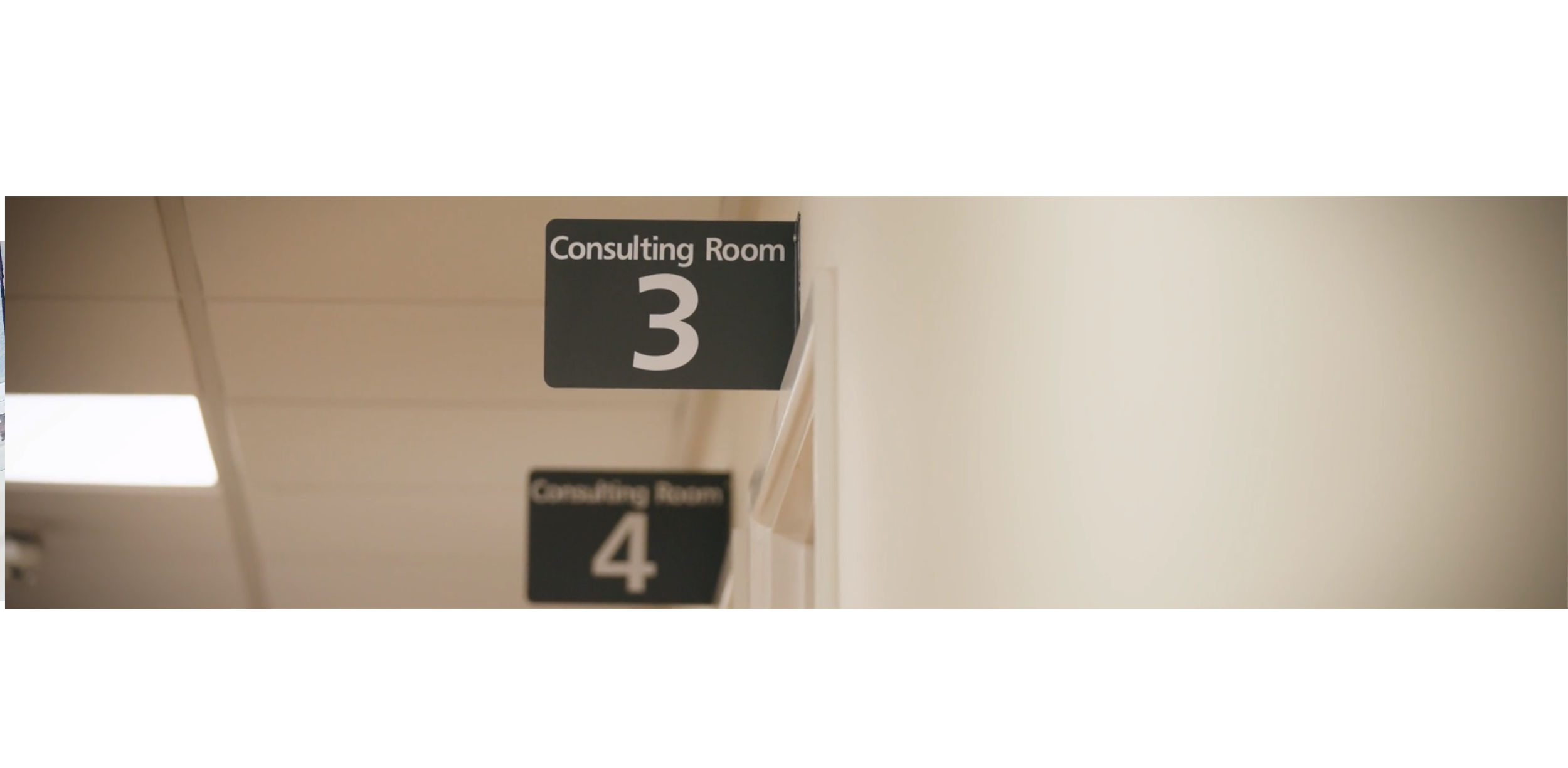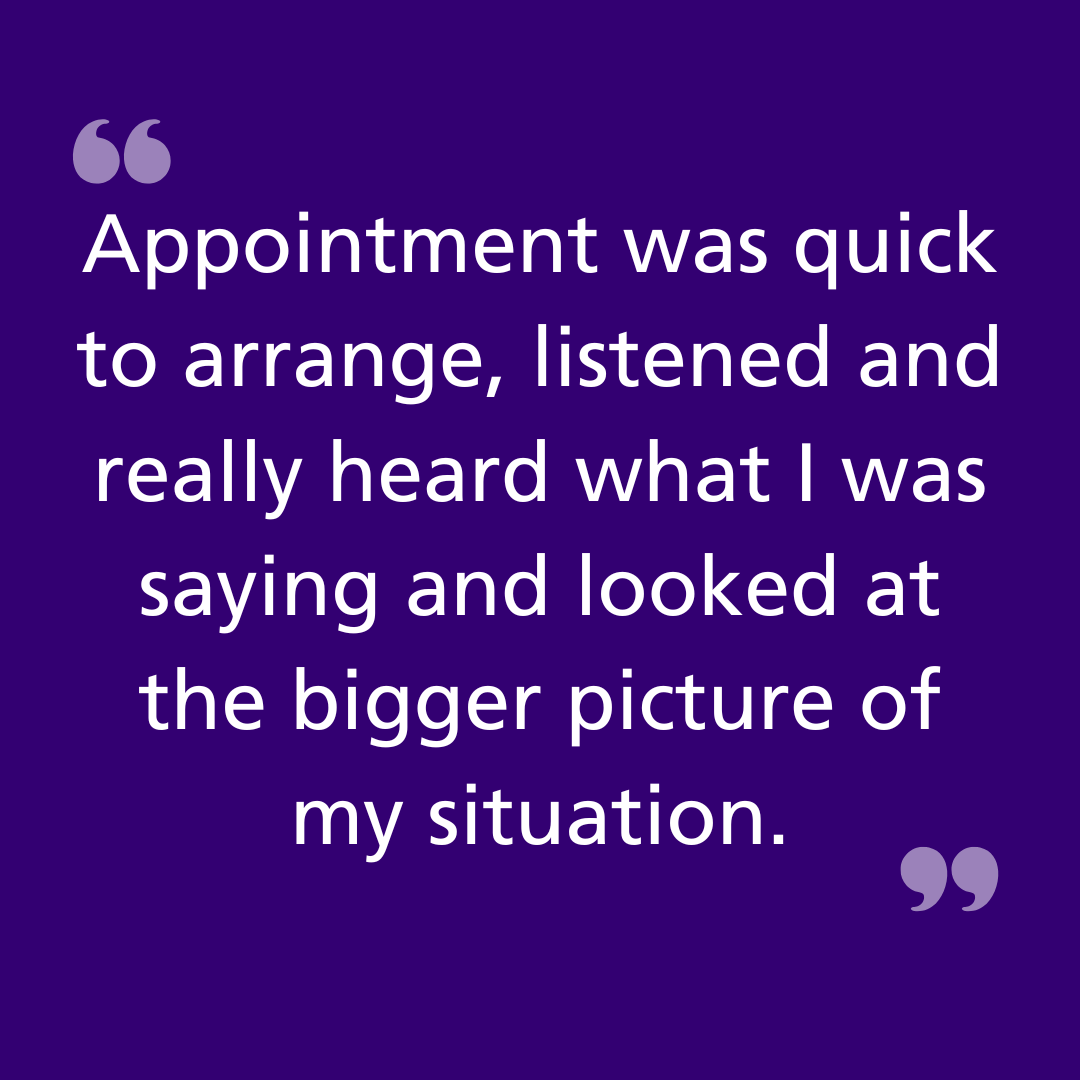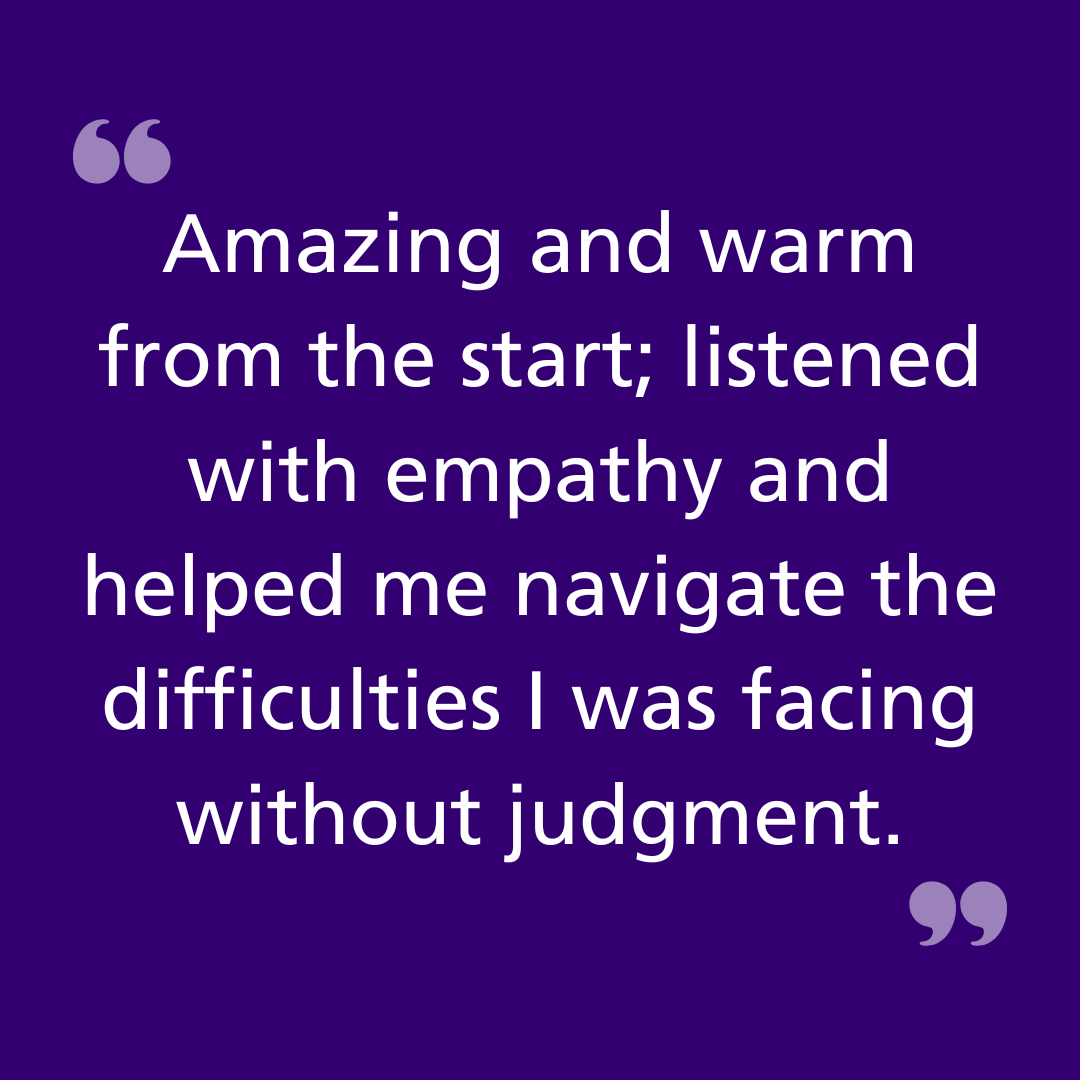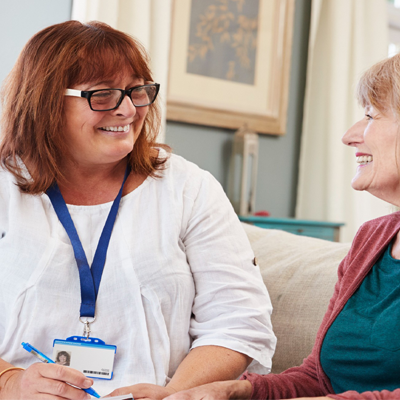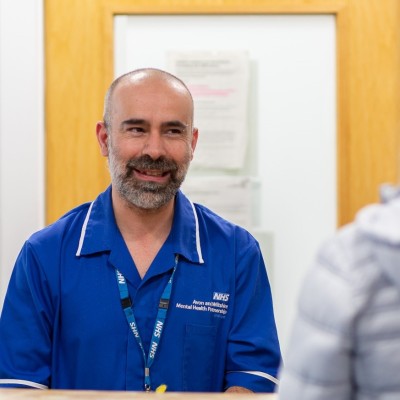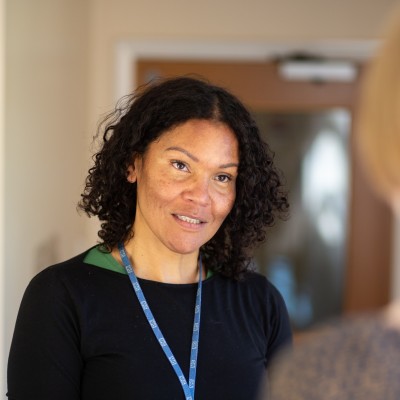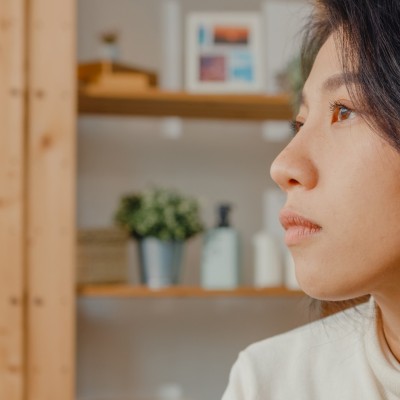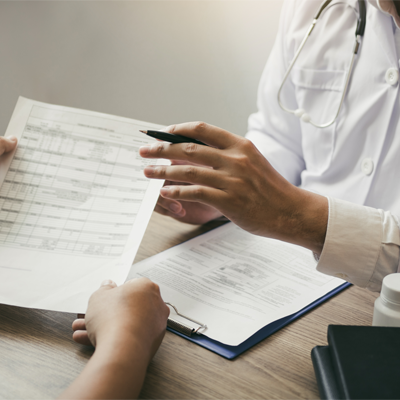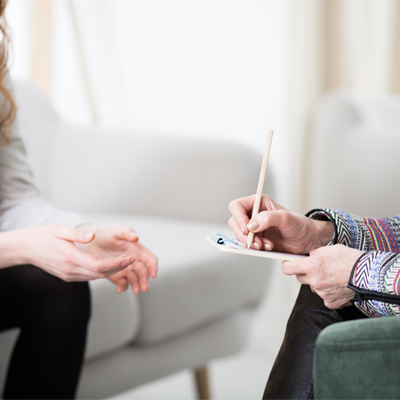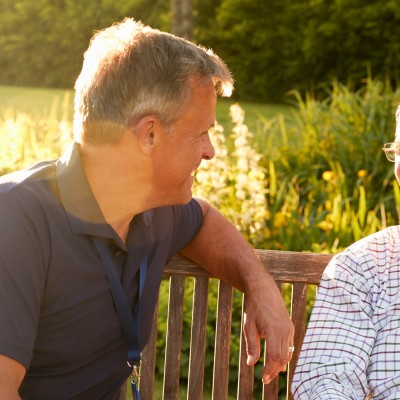The Additional Roles Reimbursement Scheme (ARRS) is a primary care non urgent service, delivering mental health support in GP surgeries across Bristol, North Somerset and South Gloucestershire.
The ARRS team are made up of Mental Health Nurses, Occupational Therapists and Social Workers who have developed strong relationships with GPs we work closely with.
If you are over the age of 18 and would like to discuss your mental health, support is now available by booking a Mental Health Practitioner appointment via your GP reception team.
Your assessment
During your appointment, the Mental Health Practitioner (MHP) will guide you through a supportive conversation, helping you explore your mental health and gain insight into what might be affecting your well-being. These sessions can take place in person at your surgery or over the phone, providing flexibility to suit your needs.
The MHP offers practical support tailored to you, including signposting to helpful resources, techniques to manage challenges, and brief interventions designed to support your mental health. They can also communicate your needs to others in your support network such as your GP ensuring you receive integrated care and access to the right services.
What the Mental Health Practitioner (MHP) cannot offer
While the MHP provides valuable support, there are certain services they do not offer:
-
Case management & care coordination: People accessing the service are not case managed or care-coordinated by the MHP.
-
Counselling & long-term interventions: The MHP is unable to provide counselling or ongoing therapeutic treatment.
-
Emergency or diagnostic services: The role of the MHP does not include crisis intervention or formal mental health diagnoses.
We collaborate with a range of professionals and teams to ensure the best possible support for mental health and wellbeing. These include:
-
GPs – Working alongside doctors to coordinate care and ensure continuity of support.
-
Social Prescribers – Connecting individuals with community-based services to improve overall well-being.
-
Community Mental Health Teams – Offering specialist support for more complex mental health needs.
-
MINT Teams – Providing integrated mental health services within the community.
Who we link closely with
Beyond professional healthcare teams, we maintain strong connections with:
-
Voluntary Organisations – Partnering with charities and local initiatives to offer additional resources and support.
-
Community Agencies – Engaging with local groups and services to create a broad network of care and assistance.
By working together, we ensure individuals receive the most effective and holistic mental health support available.
